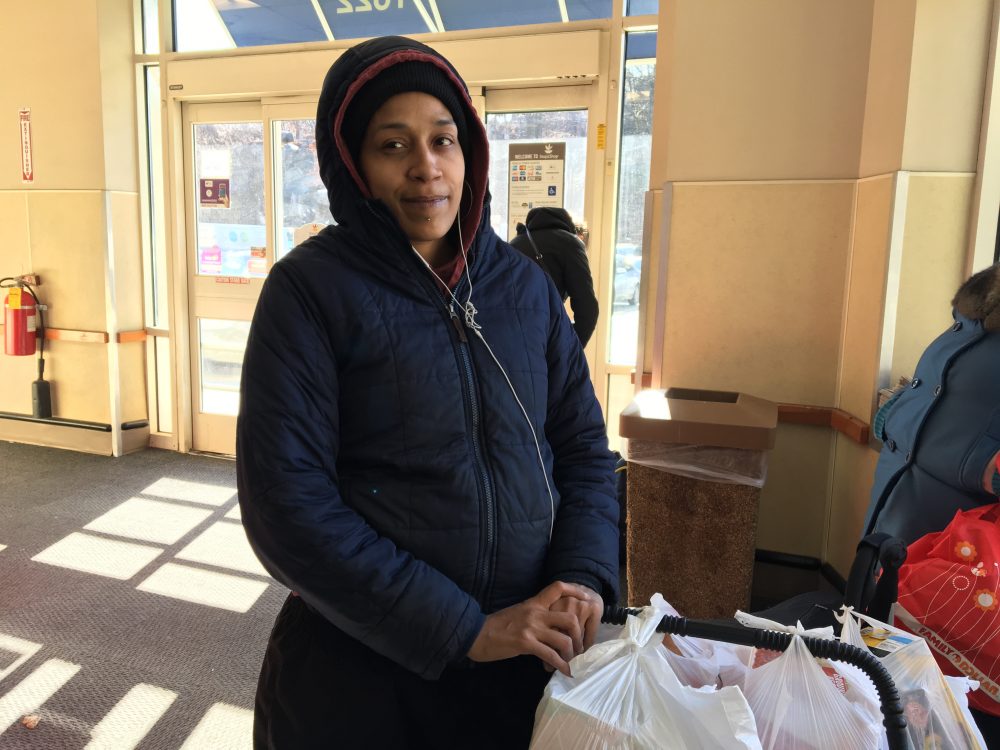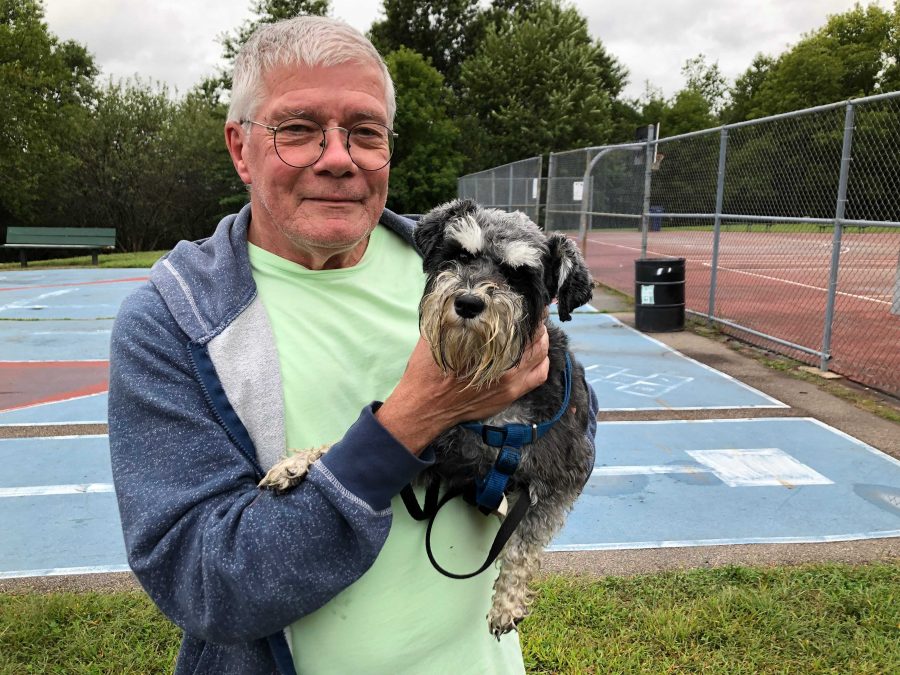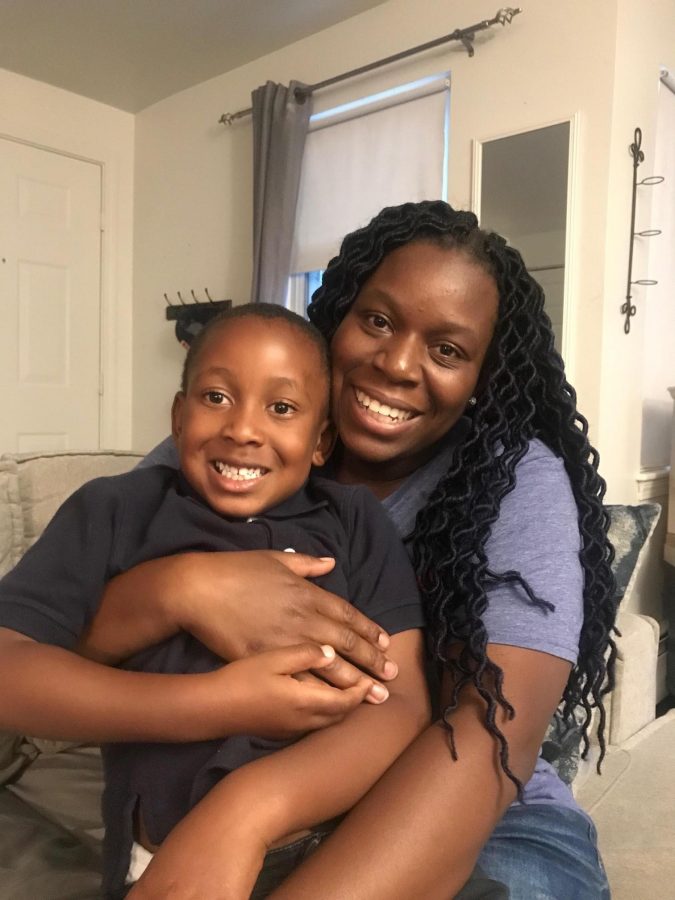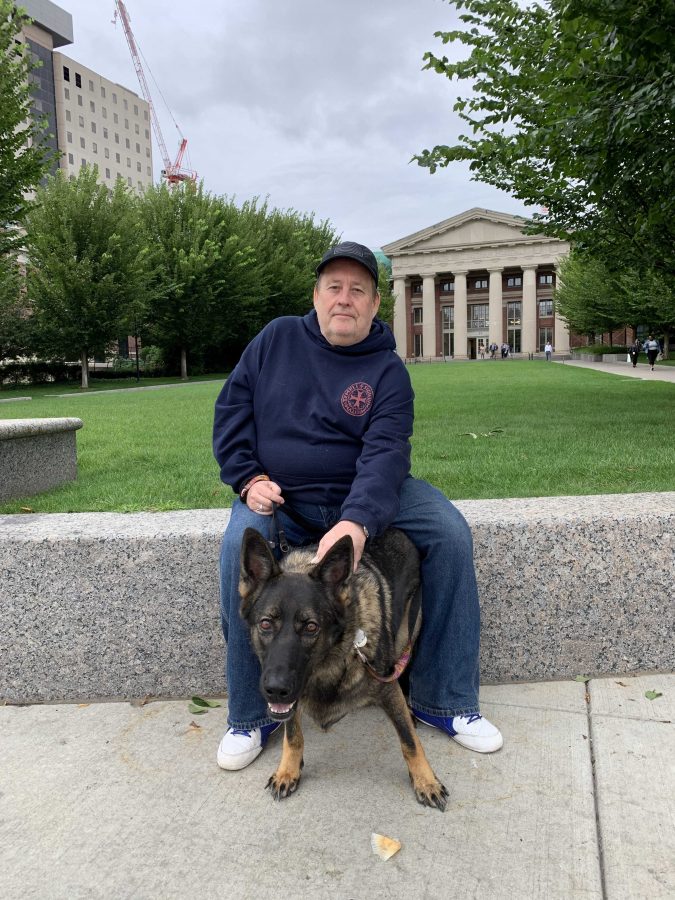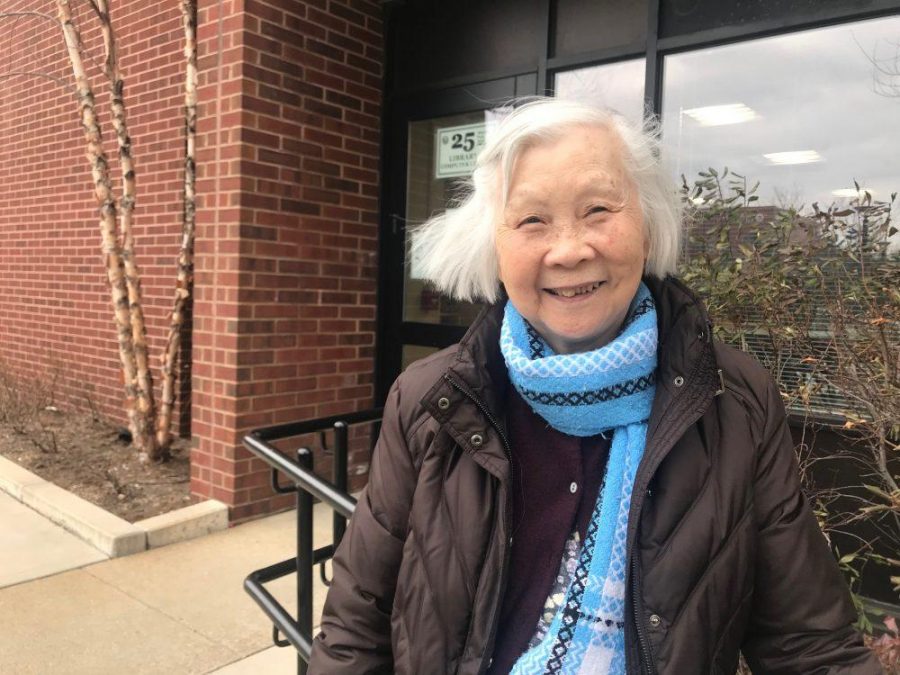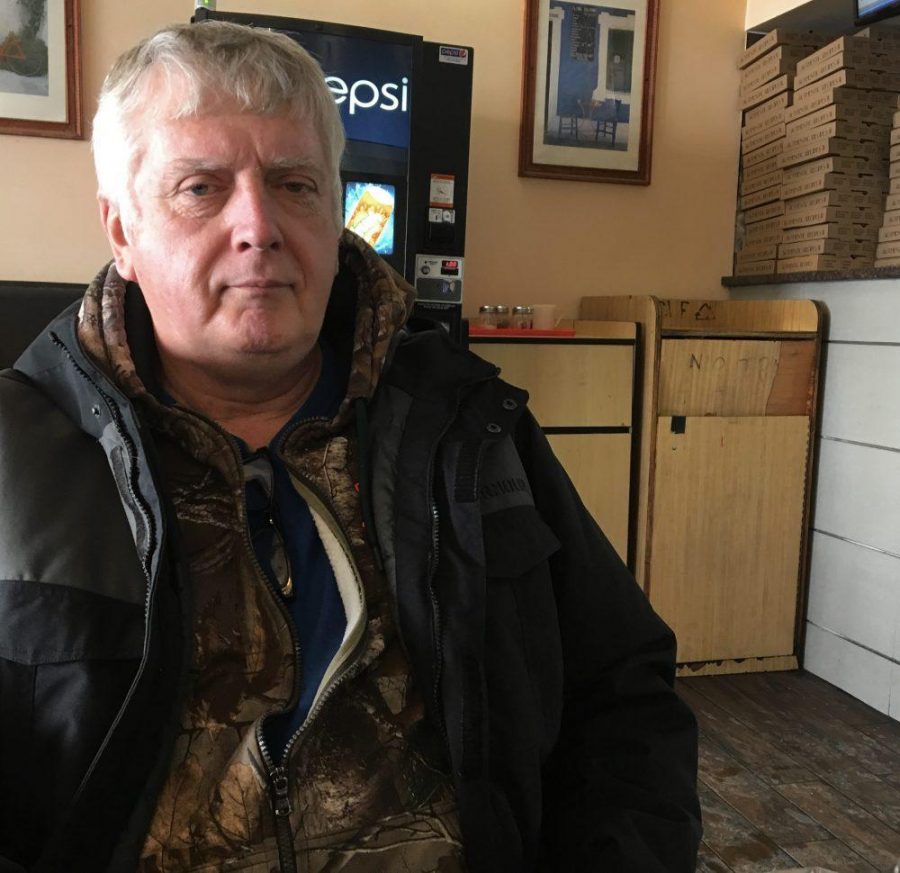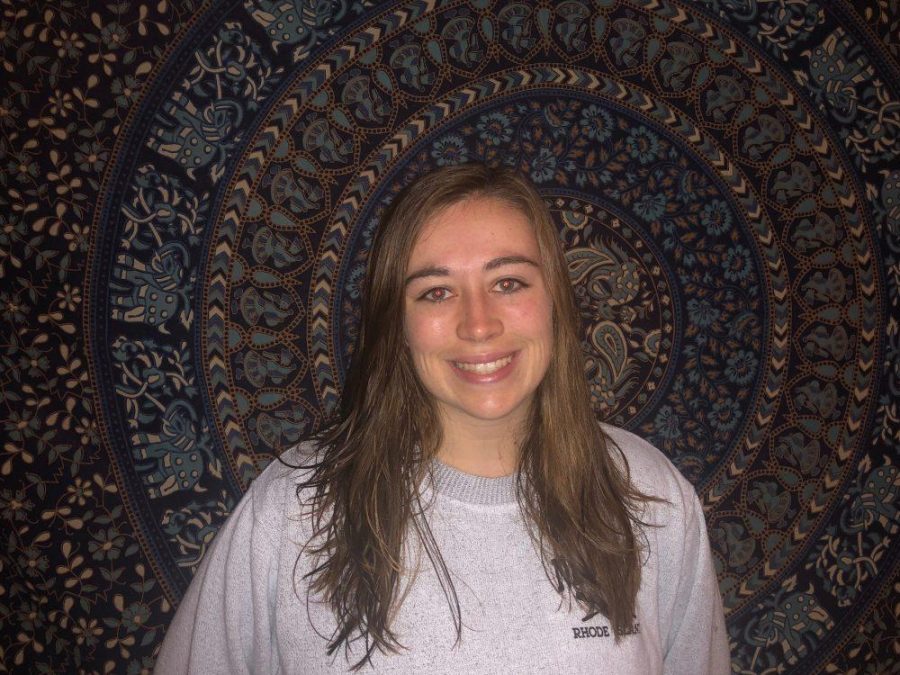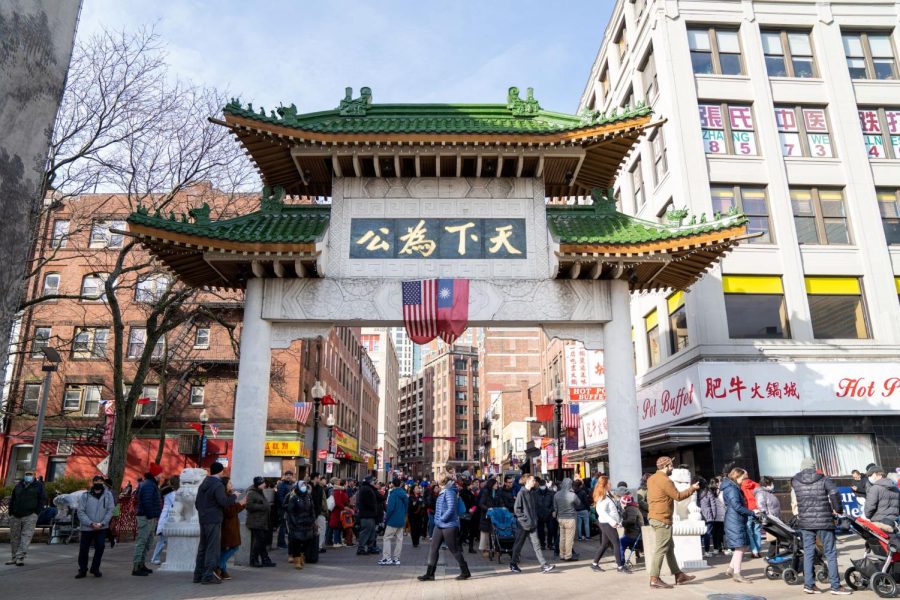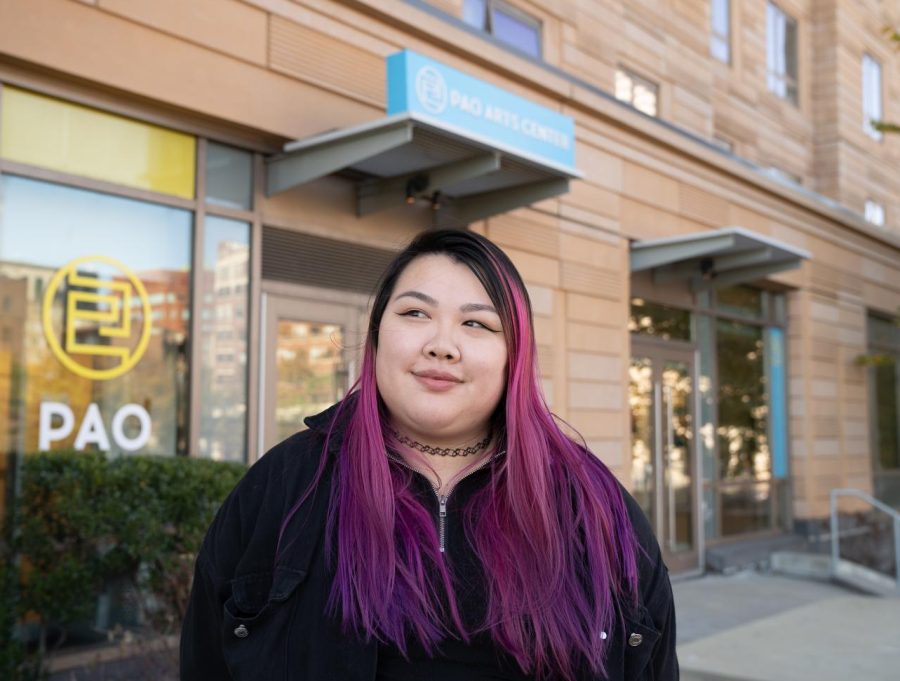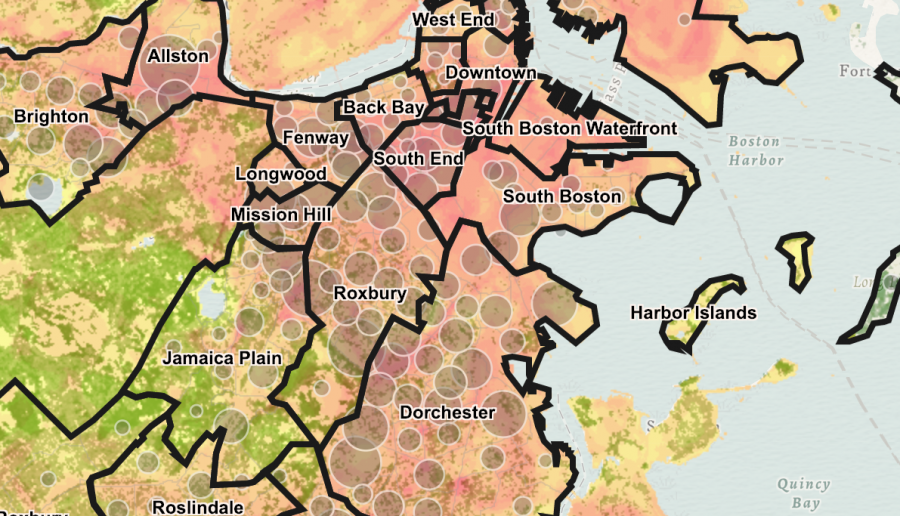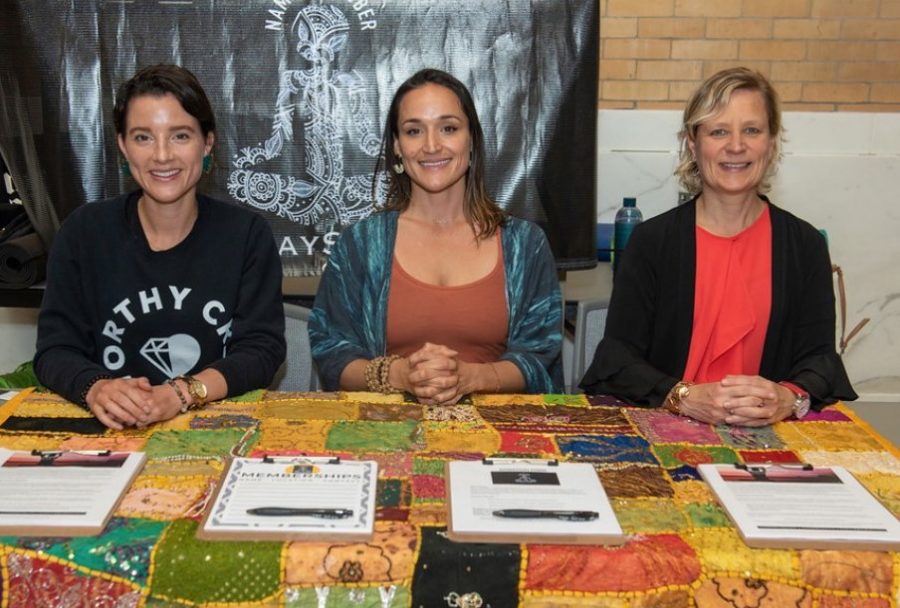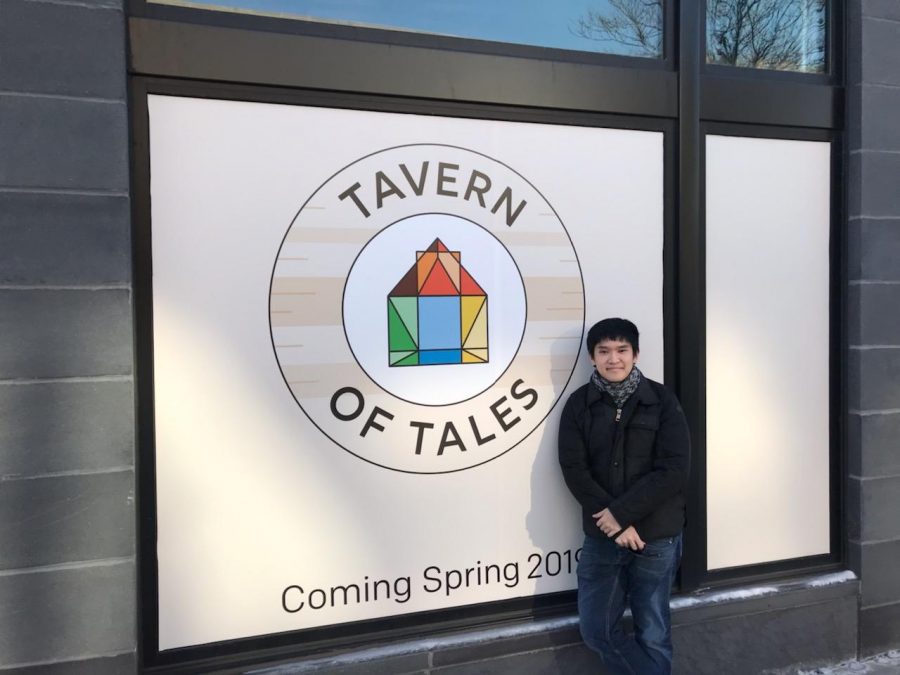By Alyssa Lukpat
For Cristina Rosado, 32, the Mission Hill parks show just how much the neighborhood has changed. When she grew up in public housing in the 1990s, her childhood playground only had one slide and two swings.
“We had the ghetto park. Everything was bricks. Everything was block,” she said. “When we [were] in the projects in Mission, everything came and they fixed everything new. We got sprinklers and we got slides.”
Even though the parks have changed, Rosado, a personal care assistant for her mother, said other parts of Mission Hill are the same as they were 25 years ago. The neighborhood still deals with local gangs and sexual violence, she said. She is worried about a local boy who she says has been missing since November.
“There [are] shootings and stuff out here. It’s bad,” she said.
Rosado is also worried about how national political decisions will impact her and her neighbors. She will face food insecurity and other problems if President Donald J. Trump follows through on his promise to restrict access to food stamps and welfare.
“He wants to take everything. If they take [benefits] away, how are [we] going to pay rent? How are [we] going to support [ourselves]?” she said. “They can’t do that to us.”
For now, Rosado uses her food stamps to go on monthly grocery shopping expeditions at the Stop & Shop on Tremont Street. She buys food for her mother, who she takes care of in their new Mission Main apartment. Amid all the changes, she thinks Mission Hill is better now than it was when she grew up.
“It’s better here because the hospital’s there,” she said, pointing across the street from the grocery store. “Whatever happens, my mom is there.”
About this project
The Scope’s student journalists spoke with community members in Mission Hill. #MissionHill100 is a collection of their stories.

